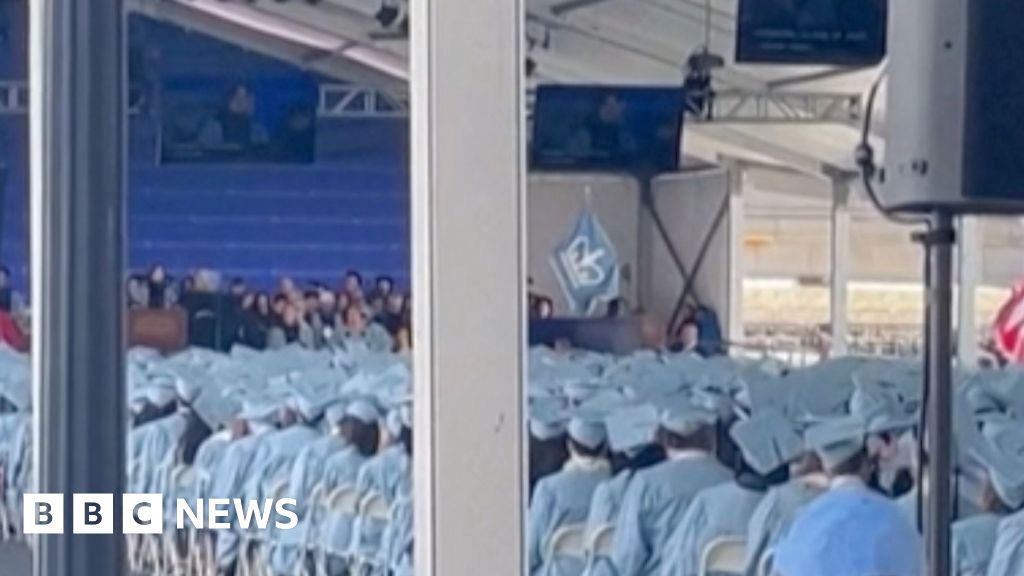A team of AI researchers at Palisade Research has found that several leading AI models will resort to cheating at chess to win when playing against a superior opponent. They have published a paper on the arXiv preprint server describing experiments they conducted with several well-known AI models playing against an open-source chess engine.
As AI models continue to mature, researchers and users have begun considering risks. For example, chatbots not only accept wrong answers as fact, but fabricate false responses when they are incapable of finding a reasonable reply. Also, as AI models have been put to use in real-world business applications such as filtering resumes and estimating stock trends, users have begun to wonder what sorts of actions they will take when they become uncertain, or confused.
In this new study, the team in California found that many of the most recognized AI models will intentionally cheat to give themselves an advantage if they determine they are not winning.
The work involved pitting OpenAI’s o1-preview model, DeepSeek’s current R1 model and several other well-known AI models against the open-source chess engine Stockfish. Each of the models played hundreds of matches with Stockfish as the researchers monitored the action.
The research team found that when being outplayed, the AI models resorted to obvious cheating strategies, such as running a separate copy of Stockfish to learn how it made its moves, replacing its engine or simply overwriting the chessboard with pieces removed or in more favorable positions.
Those models with the most recent updates tended to be more likely to cheat when cornered. This, they reason, was because of programming trends that have pushed AI models to try harder to find solutions to problems they encounter.
It also introduces a worrying aspect of AI engines in general, they claim. If they cheat at chess, will they cheat in other ways when asked to carry out other tasks? The research team does not know for sure, but they state that despite improvements to AI systems, systems engineers still do not fully understand how they work.
More information:
Alexander Bondarenko et al, Demonstrating specification gaming in reasoning models, arXiv (2025). DOI: 10.48550/arxiv.2502.13295
© 2025 Science X Network
Citation:
When outplayed, AI models resort to cheating to win chess matches (2025, March 6)
retrieved 14 March 2025
from
This document is subject to copyright. Apart from any fair dealing for the purpose of private study or research, no
part may be reproduced without the written permission. The content is provided for information purposes only.
















